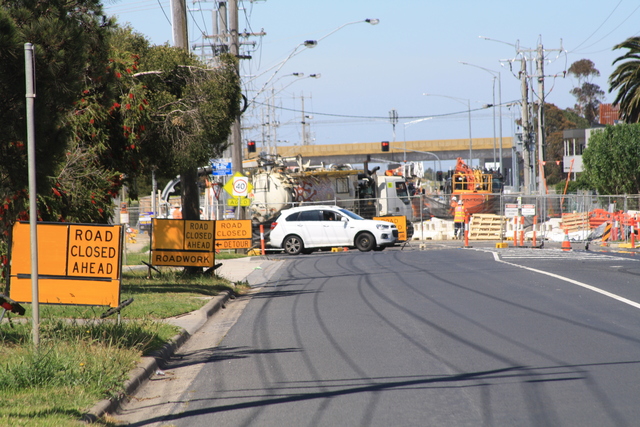Fifty-six-year-old Cranbourne North resident Jody Rochecouste began experiencing chest pains and shortness of breath 30 years ago.
Despite multiple interventions including angiograms, electrocardiograms (ECGs) and other tests, it took decades for Ms Rochecouste to get a clear diagnosis and understanding of what was causing her symptoms.
Ms Rochecoste’s journey to diagnosis affected not only her physical health, but also her mental health with practitioners repeatedly telling her there was nothing wrong.
“I used to get disheartened, very disheartened because I started to believe them,” Ms Rochecouste said.
“They said, ‘Oh you, you’re depressed’. You’re going to get depressed because of that. And I used to get depressed because I couldn’t do things.”
In November 2022, Ms Rochecouste finally got the answers she had been chasing all these years after being referred to The Alfred’s Women’s Heart Clinic in Melbourne where the possibility of microvascular disease was raised by their team of cardiologists and then confirmed via definitive testing with a special angiogram using pressure wire technology.
“They’re finally seeing what I kept telling them.” Ms Rochecouste said.
It is estimated that more than half a million Australians had coronary heart disease in 2020-2021.
Whilst coronary heart disease affects men more than women in Australia, microvascular disorders disproportionately affect women who often go years without diagnosis and appropriate treatment.
Microvascular disorders are a type of coronary heart disease that are caused by disease of the very small blood vessels of the heart and silently affect thousands of Australians.
Symptoms include chest pain, shortness of breath, sleep problems, fatigue and lack of energy.
Cardiologist and Heart Failure Specialist at The Alfred’s Women’s Heart Clinic Dr Monique Watts acknowledges the critical nature of undiagnosed microvascular disease:
“At a cardiac level, there’s a clear benefit in a firm diagnosis, but the psychological impact should not be underestimated,” she said.
“It can be life changing for a patient to have an answer and an explanation, and no longer be searching.”
Cardiology experts are encouraging Australians to remain vigilant about their heart health.
“Heart disease is a leading killer of Australian women, yet women don’t perceive themselves to be at risk,” Dr. Watts said.
“Talk to your general practitioner about your risk, including female-specific risk factors such as pregnancy complications and premature menopause. Make cardiac risk reduction a part of your preventative health plan.”
REDFEB is an annual campaign run by Heart Research Australia that encourages Australians to wear red to raise awareness of heart disease and raise much-needed funds for life-saving heart research.
With more awareness about women’s heart health being raised by campaigns like REDFEB, and specialist clinics like The Alfred’s Women’s Heart Clinic being established, the hope is that women today will be diagnosed faster and more accurately, sparing them a journey like that faced by Ms Rochecouste.
“I would really recommend that [women] ask to get the smaller [vessels] checked and not to stop searching for answers.”


















